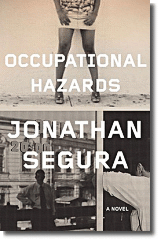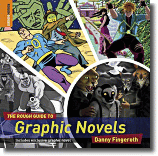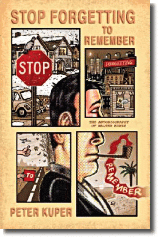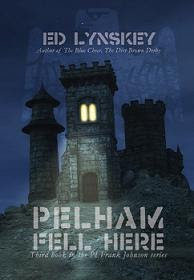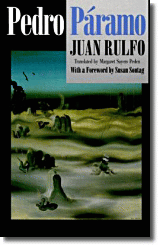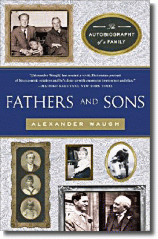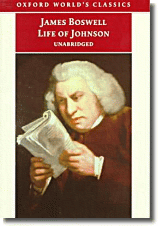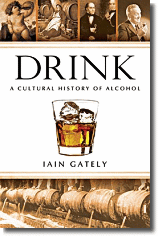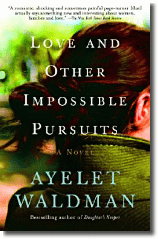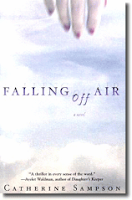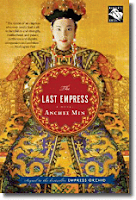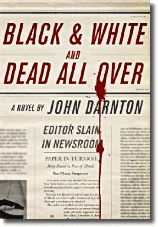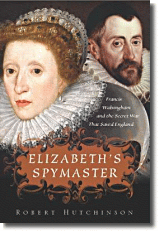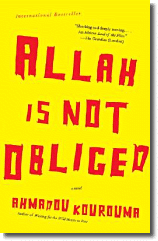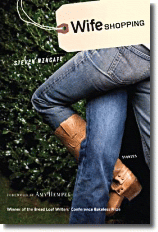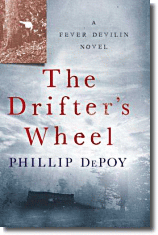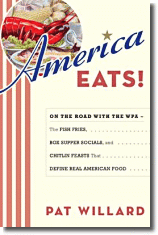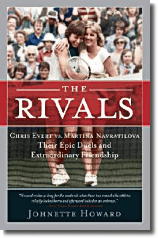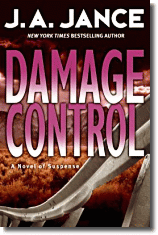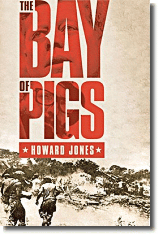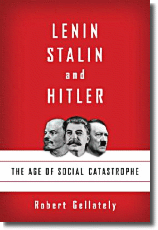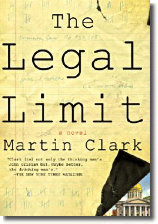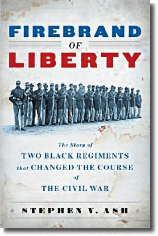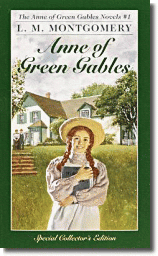About the book, from the publisher:
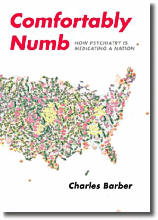
Public perceptions of mental health issues have changed dramatically over the last fifteen years, and nowhere is this more apparent than in the rampant overmedication of ordinary Americans. In 2006, 227 million antidepressant prescriptions were dispensed in the United States, more than any other class of medication; in that same year, the United States accounted for 66 percent of the global antidepressant market. In Comfortably Numb, Charles Barber provides a much-needed context for this disturbing phenomenon.Among the praise for Comfortably Numb:
Barber explores the ways in which pharmaceutical companies first create the need for a drug and then rush to fill it, and he reveals that the increasing pressure Americans are under to medicate themselves (direct-to-consumer advertising, fewer nondrug therapeutic options, the promise of the quick fix, the blurring of distinction between mental illness and everyday problems). Most importantly, he convincingly argues that without an industry to promote them, non-pharmaceutical approaches that could have the potential to help millions are tragically overlooked by a nation that sees drugs as an instant cure for all emotional difficulties.
Here is an unprecedented account of the impact of psychiatric medications on American culture and on Americans themselves.
“In Charles Barber's compelling new book, "Comfortably Numb: How Psychiatry Is Medicating a Nation," the author contends that we underwent a major shift in attitudes toward mental illness and medications…Barber brings a street-smart perspective to all this…[and he] offers something several of the other books don't: practical, therapeutic alternatives to antidepressants.”Read an excerpt from Comfortably Numb, and learn more about the book and author at Charles Barber's website.
—Salon.com
“A fine, informed writer on cultural history as well as neuroscience, psychotherapy, and economics, Barber convincingly argues against the overprescription of psychiatric drugs in the United States and sums up the history of U.S. psychiatry from the asylum to the community to glitzy but still elementary neuroscience. A blockbuster essential for all libraries.”
—Library Journal (starred review)
“A sharply critical look at the way antidepressants are marketed and prescribed in the United States . . . Barber articulately and persuasively counsels that it’s time to abandon the quick-fix, pop-a-pill approach.”
—Kirkus
“Comfortably Numb chronicles the extraordinary psychopharmaceuticalization of everyday life that has arisen in recent years and appears to be growing apace. Barber marks out the inconvenient truths on our path to emotional climate change but also offers alternatives to readers who wish to avoid pharmageddon.”
—David Healy, author of Let Them Eat Prozac
“In this passionate yet fair-minded book, Charles Barber explores the disturbing medicalization and medication of unhappiness in America today. The author understands that while medication has an important role to play in the treatment of severe mental illnesses such as schizophrenia, Big Pharma has seduced Americans into believing they need drugs for the normal sorrows of life. Almost 70 percent of antidepressants worldwide are sold in the U.S. The author asks the critical question of whether Americans are crazier than the rest of the world or whether we have simply developed a crazy dependency on legal drugs.”
—Susan Jacoby, author of The Age of American Unreason
Charles Barber was educated at Harvard and Columbia and worked for ten years in New York City shelters for the homeless mentally ill. The title essay of his first book, Songs from the Black Chair, won a 2006 Pushcart Prize. His work has appeared in the New York Times and Scientific American Mind, among other publications, and on NPR. He is a senior administrator at The Connection, an innovative social services agency, and a lecturer in psychiatry at the Yale University School of Medicine.
The Page 99 Test: Comfortably Numb.
--Marshal Zeringue
